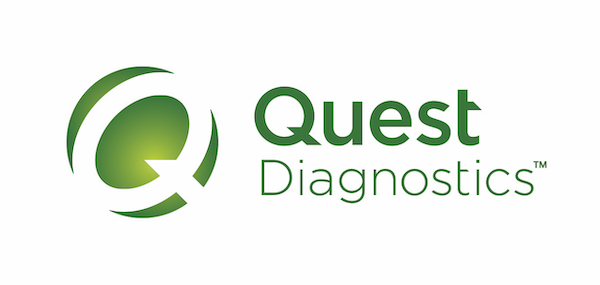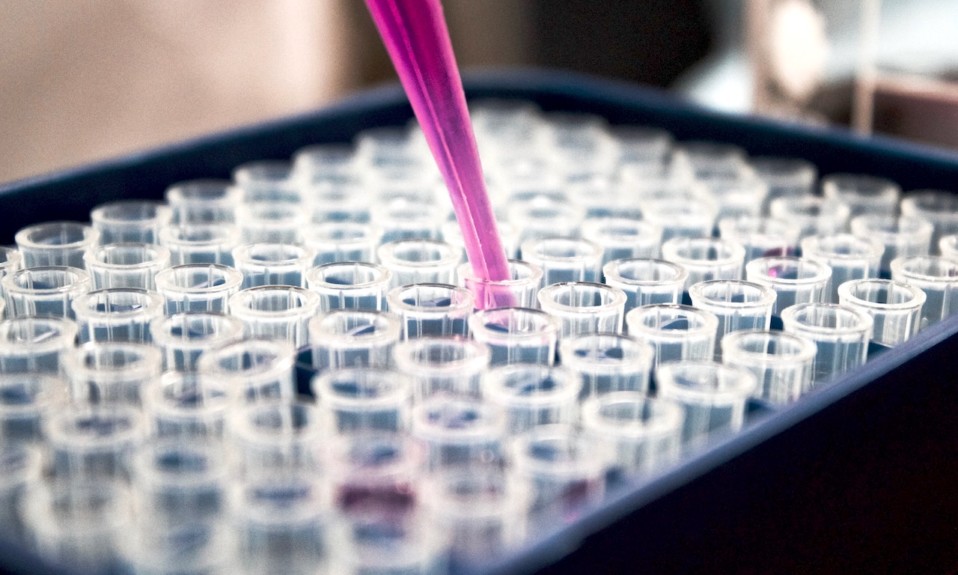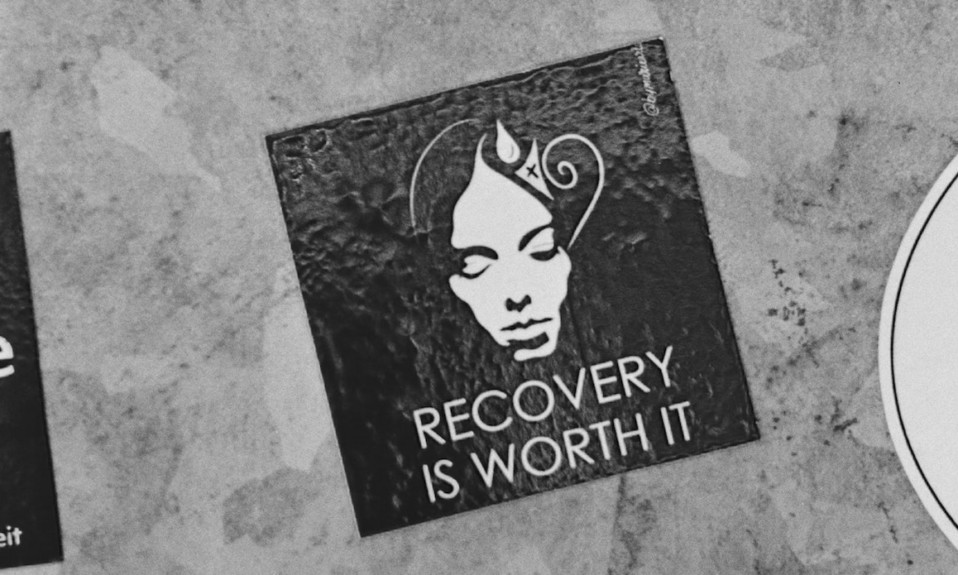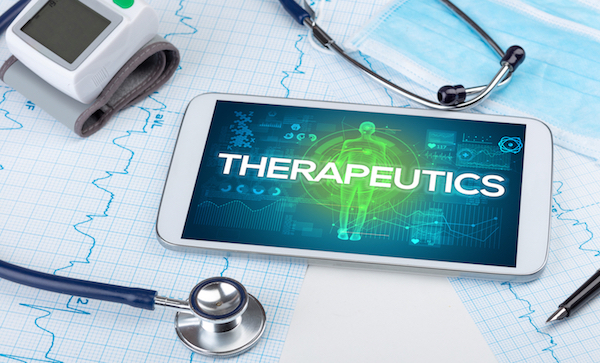Plus: Pear teams with a telehealth provider, and a NIDA grant to explore gene therapy for OUD
By Dulcie Ulloa
New & Next: Community
Quest Says Drug-Positive Tests Last Year Were the Highest Since 2001
Each week it seems more concerning info emerges about how the disruption of the past two years has contributed to a rise in substance use. Last week Quest Diagnostics, the country’s largest testing laboratory, said that in 2021 it recorded the highest level of drug positivity in the U.S. workforce in two decades. Analyzing more than 11 million drug tests from January to December of last year, from both private company employees and federal workers, Quest found an overall positivity rate of 4.6%, the highest since 2001 and more than 30% more than 10 years ago.

The sharp rise appears to have been driven largely by marijuana use—positivity for pot was the highest ever recorded, at 3.9% of tests, a 50% increase since 2017. Among workers in safety-sensitive jobs, positive marijuana tests were up 8.9%, amphetamine 7.8% and cocaine 5.0%.
On a relatively promising note, positive tests among the general workforce for harder drugs—such as cocaine, oxycodone and heroin—were down by 30% or more from five years ago. “Our drug testing index reveals several notable trends,” said Barry Sample, PhD, senior science consultant for Quest Diagnostics, “such as increased drug positivity rates in the safety-sensitive workforce, including those performing public safety and national security jobs, as well as higher rates of positivity in individuals tested after on-the-job accidents.”
New & Next: Technology
Pear Therapeutics Partners with Telehealth Providers
Pear Therapeutics, one of the companies at the forefront of prescription digital therapeutics (PDTs) for addiction, is teaming with telehealth providers to widen access to its substance use disorder (SUD) and opioid use disorder (OUD) therapies. Pear’s first telehealth partnership, announced this week, is with addiction treatment provider PursueCare, whose clients will have access to Pear’s prescription-only cognitive behavioral therapeutics reSET and reSET-O, the first-ever FDA-authorized digital therapies for addiction.
Pear’s programs, which are downloadable on a user’s smartphone under the supervision of a clinician, have been shown to be effective outpatient treatments for substance use disorder in clinical trials. Said Pear president and CEO Corey McCann, MD, PhD, “About only one in 10 Americans with a substance use disorder receives any type of specialty treatment. Barriers to care can include not having access to in-person therapy, or long waiting periods to engage care. The power of Pear working with telehealth providers like PursueCare is meeting patients where they are.”
New & Next: Research
The Potential of Gene Therapy for OUD

In the battle against OUD, any new weapon is welcome. The National Institute on Drug Abuse (NIDA) last week announced a $14.7 million grant to fund research by Northeastern University and Copernicus Therapeutics into a novel treatment for OUD in which DNA nanoparticles directed at the brain would be administered through the patient’s nose. In the past, Northeastern and Copernicus have teamed up on studies into how intranasally administered DNA nanoparticles can deliver gene therapies for brain disorders such as Parkinson’s disease.
Researchers hope a similar approach could work for OUD. The procedure, requiring no surgery, could potentially reduce drug cravings and restore the brain’s reward system to normal functioning. A single dose, researchers believe, might be effective for months or even years—making it a useful tool in facilitating recovery and avoiding relapse. Barbara Waszczak, MD, PhD, of Northeastern’s Bouvé College of Health Sciences, will be leading the project.
New & Next: Webinars
Ethics in Addiction Treatment
On April 26, from 4 p.m. to 6 p.m. EDT, Aaron Weiner, PhD, of eCare Behavioral Health Institute, will present the webinar “Modern Ethics in Addiction Treatment” for professionals who treat SUDs. Over its two hours, the program will explore ethical complexities that arise from treating SUDs to help make professionals better prepared. Topics will include drug screening, administrative discharge, harm reduction models and medication-assisted therapy. Participants can earn two CE credits. For more information, go here.
Top photo: Proxyclick














